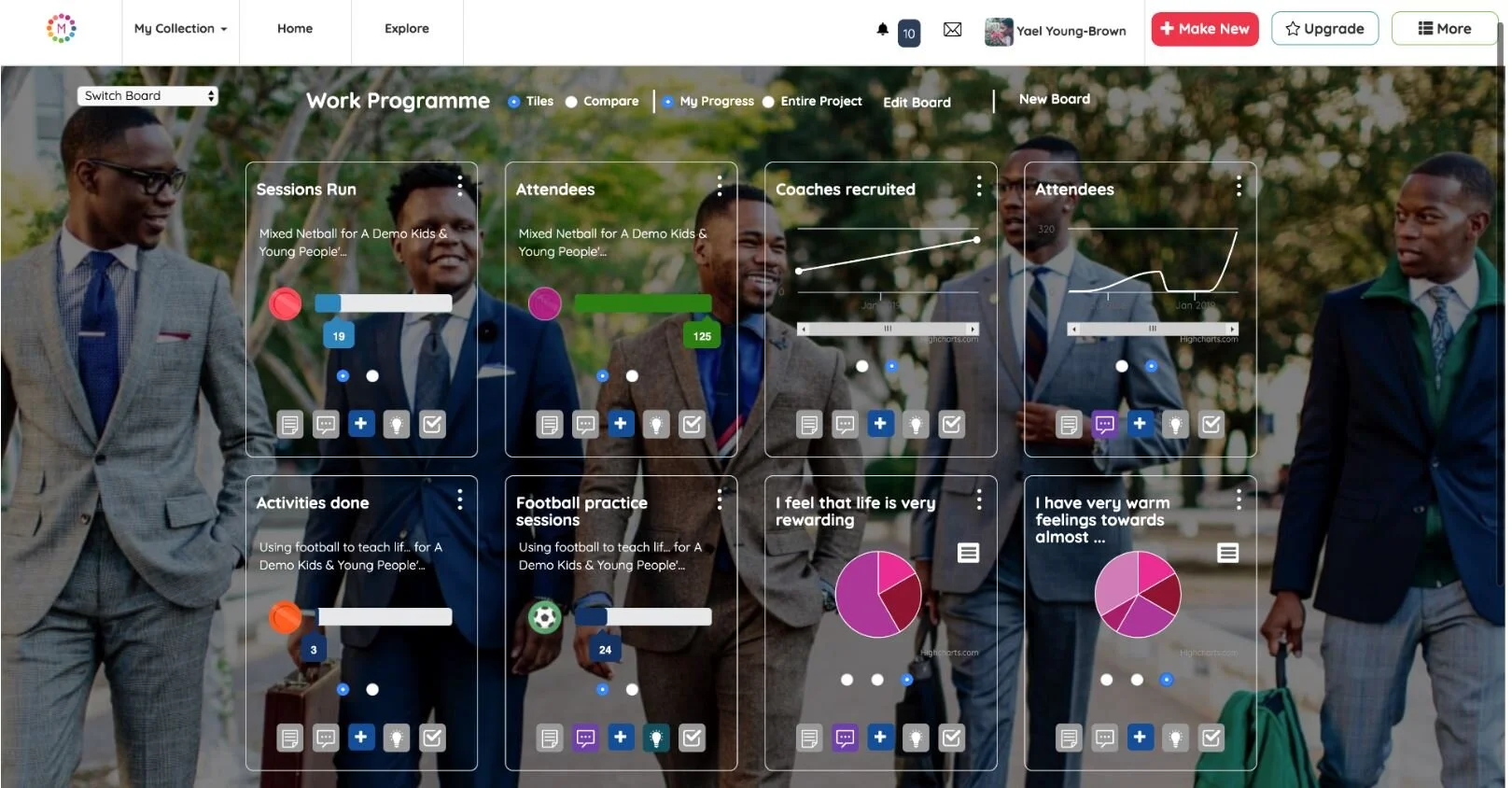When demonstrating the difference your charity is making, you want to track certain metrics, more generally referred to as Outputs, Outcomes and Impact.
But what’s the difference and what do these terms actually mean?
Before we do that, take a second to thing about what your charity does. What resources, projects and services does your charity provide to your beneficiaries every day? Take a second to jot a few of these things down. These things are your inputs.
So what’s comes out?
Outputs
Outputs are services or physical items that are delivered. These are the numbers, which help funders and others to assess your scale. How many people you’re reaching, how much work you’re doing and in what quantity.
Some examples of outputs could be:
We delivered youth groups to 362 young people last year
Our charity provided over 500,000 breakfasts to young people over the summer holidays
We met with 120 prisoners as they were released from prison last month
Take a moment to write down some areas you can measure.
Outcomes
Outcomes are then used to describe the difference that the outputs will make; the change in people’s lives as a result of what you’ve delivered.
Some examples of outcomes are:
92% of young people felt less isolated after coming along to the young group
72% of children avoided holiday hunger as a result of the breakfast club
90 prisoners updated their CVs within a week of being released from prison
Outcomes may be soft, which are less tangible and difficult to measure. “92% of young people felt less isolated after coming along to the young group” is an example of a soft outcome.
There’s also hard outcomes, which are definable and measurable. The two other examples above are examples of hard outcomes.
Quick test: is this and output or an outcome? “We helped 30 young people find employment after being released from prison”. Answer at the bottom of the page!
Impact
Your impact is the difference between where your beneficiaries are, compared to where they would have been without your involvement. You don’t need to necessarily measure your impact, but your outputs, outcomes and also stories are what’s used to demonstrate your impact.
If you want to see how Makerble can help you demonstrate your impact, why not book in a demo with one of the team?
Answer: This is an outcome! It’s an outcome because it’s a difference that’s been made as a result of the services.
